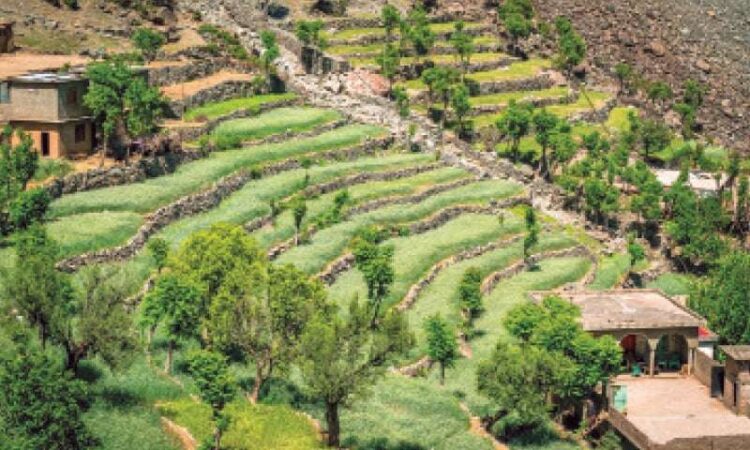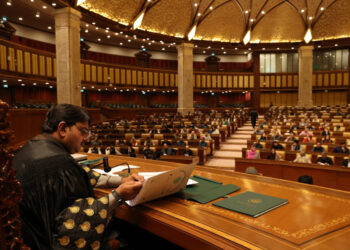ISLAMABAD; The Green Climate Fund (GCF) has approved $250 million in financing for Glaciers to Farms, a major climate adaptation programme led by the Asian Development Bank (ADB), aimed at supporting communities dependent on glacier-fed water systems across Pakistan, Central Asia, and the South Caucasus.
According to an ADB statement, the funding—mostly in the form of grants—will complement $3.25 billion from ADB over the next decade. The programme will support projects in nine countries: Armenia, Azerbaijan, Georgia, Kazakhstan, Kyrgyz Republic, Pakistan, Tajikistan, Turkmenistan, and Uzbekistan. These countries rely heavily on glacier-fed rivers for agriculture, drinking water, and hydropower.
The initiative seeks to strengthen irrigation systems, water storage facilities, and watershed management to help farmers maintain crop production amid increasing risks of droughts and floods caused by glacial melt—particularly in Pakistan’s northern regions.
“Rapid glacial retreat is one of the most complex challenges our region faces,” said ADB Director Yasmin Siddiqi. “With GCF’s support, the Glaciers to Farms programme will help communities shift from short-term fixes to long-term resilience, protecting lives and livelihoods for generations to come.”
In Pakistan, the plan will focus on the Swat river basin, covering nearly 27 million hectares and directly benefiting around 13 million people, including farmers and other vulnerable groups. It will fund glacier and climate assessments, strengthen early warning systems, and help communities manage glacial lake floods and prolonged droughts.
Beyond agriculture, the initiative will also back social protection, healthcare, and financial services—particularly supporting women-led agricultural enterprises.
GCF Director Thomas Eriksson called the project “a truly innovative and collaborative effort,” saying it sets a model for Central and West Asian nations to protect their water and food systems from climate impacts.
The plan, approved at the GCF’s 43rd Board Meeting on October 29, builds on glacier risk assessments conducted in 2024 that provided the scientific foundation for the project.
Established in 1966, the ADB comprises 69 member countries, including 50 from the Asia-Pacific region, and works to promote inclusive, resilient, and sustainable development across the continent.





































































